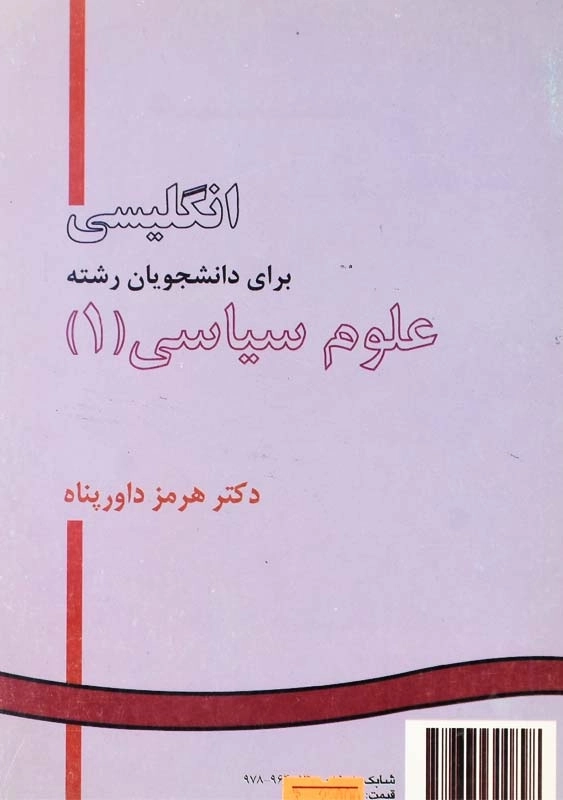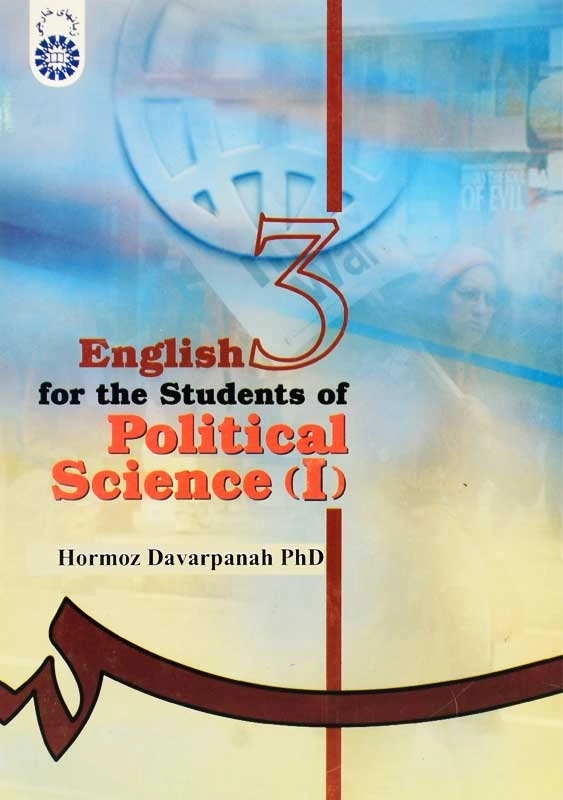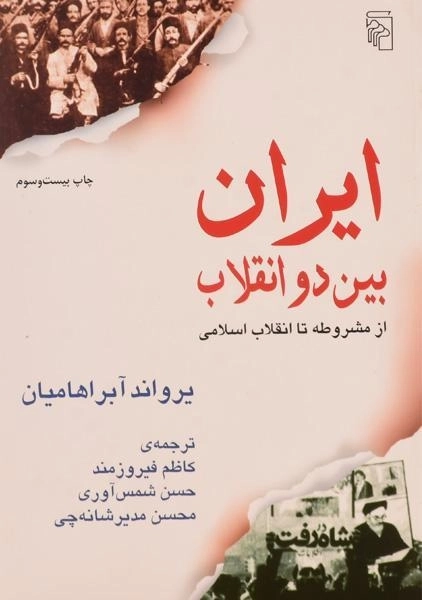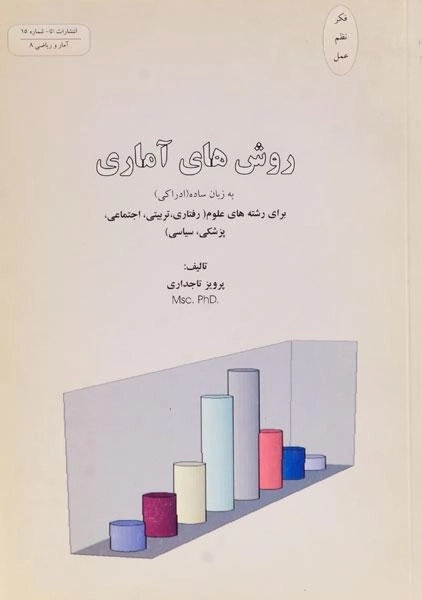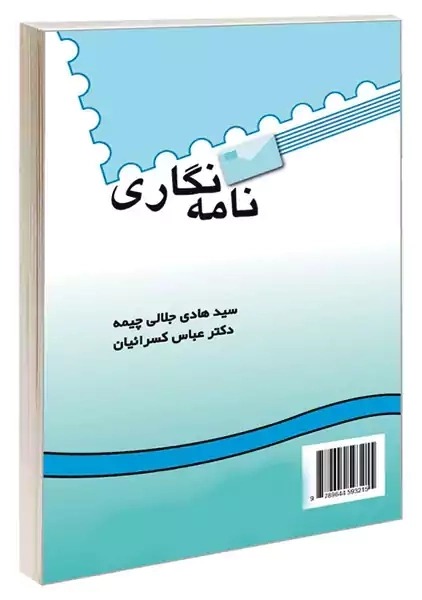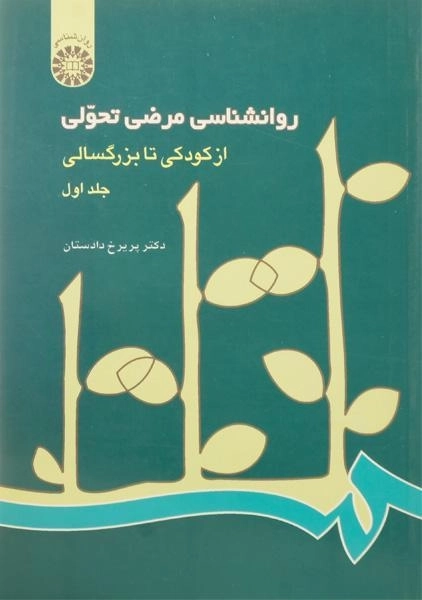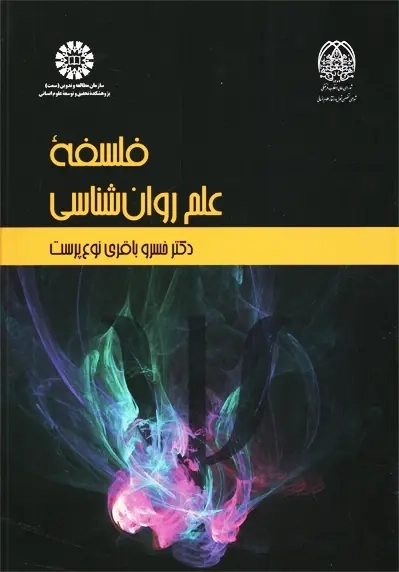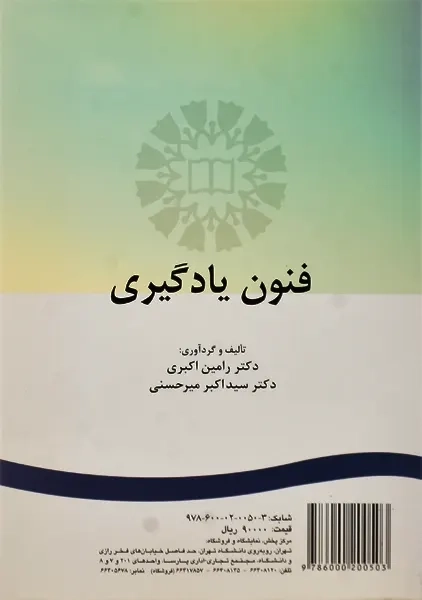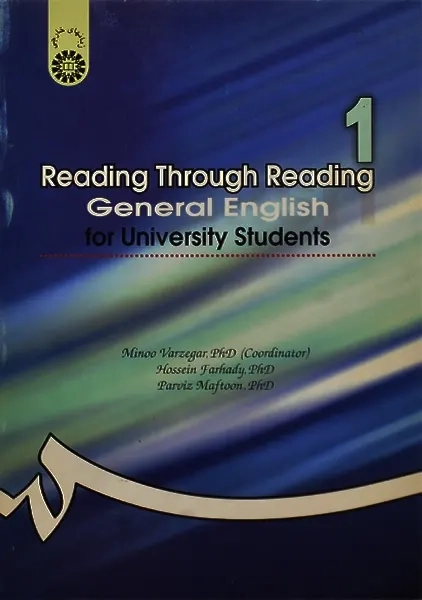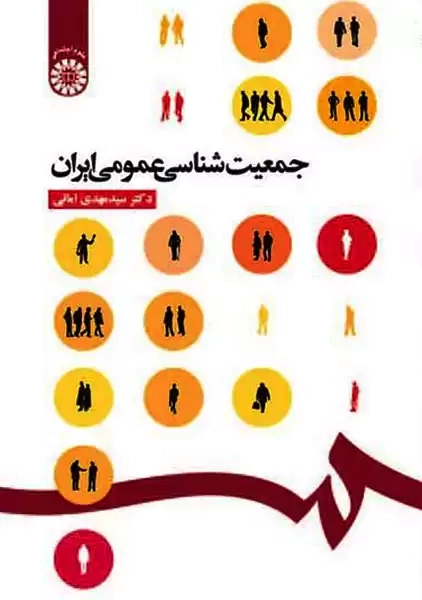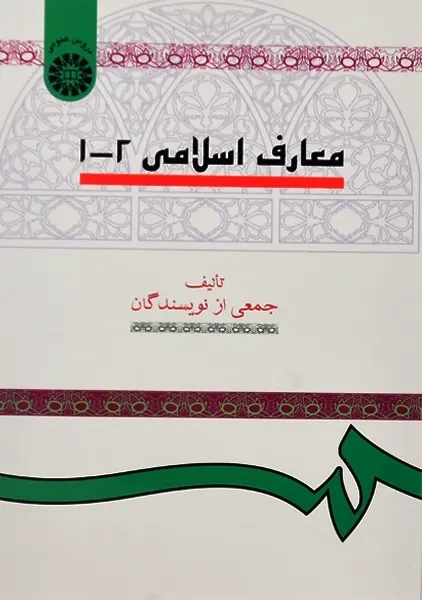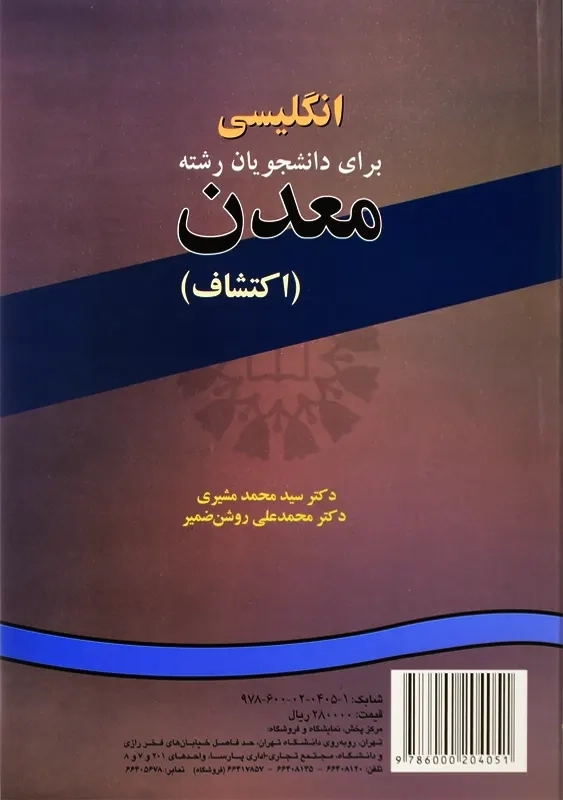دربارهی کتاب انگلیسی برای دانشجویان رشته علوم سیاسی 1 اثر داورپناه
یکی از اهداف مهم انقلاب فرهنگ، ایجاد دگرگونی اساسی و ریشهای در محتوا و شیوهی تدوین کتب درسی دانشگاهها، به خصوص در زمینهی علوم انسانی بوده است. به همین جهت شورای عالی انقلاب فرهنگی در تاریخ هفتم اسفند سال 63 تاسیس «سازمان مطالعه و تدوین کتب علوم انسانی دانشگاهها» را که به اختصار «سمت» نامیده میشود، تصویب کرد تا اختصاصاً به این مهم بپردازد.
این سازمان با توجه به نیاز دانشجویان، در فرصتی خاص، علاوه بر تدوین متون آموزش زبان خارجی در مرحلهی عمومی، نیمه تخصصی و تخصصی برای علوم انسانی، در محدودهی خاصی به تدوین کتب آموزش زبان تخصصی سایر رشتهها پرداخت که کتاب «انگلیسی برای دانشجویان رشتهی علوم سیاسی 1» یکی از آنها به شمار میرود.
این کتاب برای دانشجویان علوم سیاسی در مقطع کارشناسی به عنوان منبع اصلی درس زبان تخصصی (1) به ارزش دو واحد تدوین شده است و دارای 16 درس با عناوین مختلف و آموزنده میباشد.
فصل اول با عنوان «What Is Political Science?» به معنای «علوم سیاسی چیست؟» آغاز میشود و با فصلی به نام «humanitarian intervention and the logic of war» به معنای «مداخلهی بشردوستانه و منطق جنگ» به پایان میرسد.
در انتهای کتاب نیز References مطالب در یک صفحه گنجانده شده است.
برشی از متن کتاب انگلیسی برای دانشجویان رشته علوم سیاسی 1
Political Institutions
When we think of the term "institution”, we sometimes imagine an impressive building with a huge structure and stately columns which is the home of a legislature or a chief executive. It is, of course, true that many institutions are housed in such imposing structures, but political institutions, no matter where they are located, are simply durable relationships of power and authority among people and not stately buildings.
A political institution can be imagined as authority in a congealed or partly solidified form. Over time, people have become used to looking to political institutions to solve their problems, decide controversies, and set directions. Institutions, if they function effectively, will last many generations, and assume lives independent of the people who are temporarily associated with them. This is what provides a political institution with its stability and its prestige.
Institutions are bigger than individual leaders. When the American president Nixon resigned under a cloud of scandal in 1974, for example, the institution of the presidency was scarcely touched. If there had been a series of such presidents, and if they had refused to resign, the institution itself would have been severely damaged. Sometimes dictators try to make themselves into “institutions", but this doesn't usually work. No matter how powerful dictators are during their lifetimes, the institutions they have tried to build unravel upon their deaths. Francisco Franco ruled Spain - sometimes with an iron hand - for thirty-six years. He attempted to ensure that the system he had set up would survive after him, but within three years of his death, Spain had established a democracy, a new constitution, a free press, and many other rights and liberties which Franco had hated. Dictators are rarely able to institutionalize their personal power.
- نویسنده: هرمز داور پناه
- انتشارات: سمت

